Question And Answer
Publications
Articles, publications, books, tools and multimedia features from the U.S. Institute of Peace provide the latest news, analysis, research findings, practitioner guides and reports, all related to the conflict zones and issues that are at the center of the Institute’s work to prevent and reduce violent conflict.
Assessing the Utility of New Sanctions on Iran
Senior fellow George Lopez testified before the House Oversight and Government Reform Subcommittee on National Security and Foreign Affairs on December 15, 2009 about the effectiveness of sanctions against Iran.

American Negotiating Behavior
Informed by discussions and interviews with more than fifty seasoned foreign and American negotiators, this landmark study offers a rich and detailed portrait of the negotiating practices of American officials. Including contributions by eleven international experts, I assesses the multiple influences--cultural, institutional, historical, and political--that shape how American policymakers and diplomats approach negotiations with foreign counterparts and highlights behavioral patterns that tr...
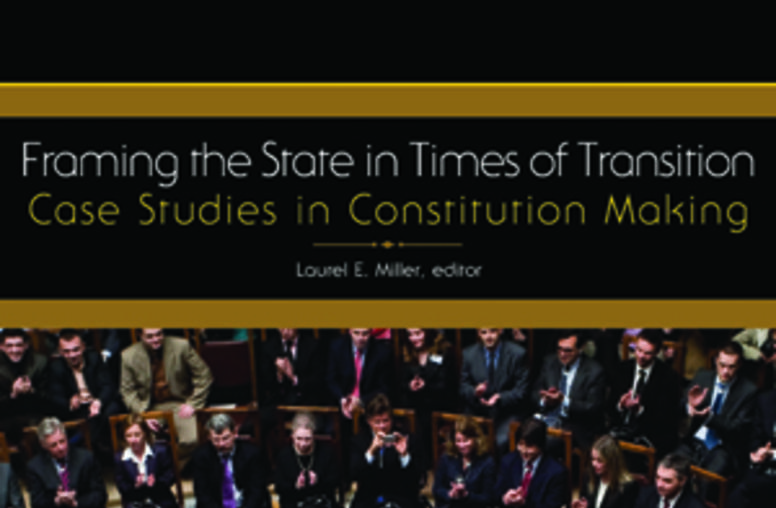
Framing the State in Times of Transition
Analyzing nineteen cases, Framing the State in Times of Transition offers the first in-depth, practical perspective on the implications of constitution-making procedure, and explores emerging international legal norms.

The Diplomat's Dictionary
With its first edition in 1994, The Diplomat’s Dictionary quickly became a classic reference book, offering professionals and enthusiasts practical information, witty insights, and words of wisdom on the art and practice of diplomacy. The expanded second edition contains 476 new entries, including definitions for selected up-to-date terminology and hundreds of additional quotations from across cultures and centuries.
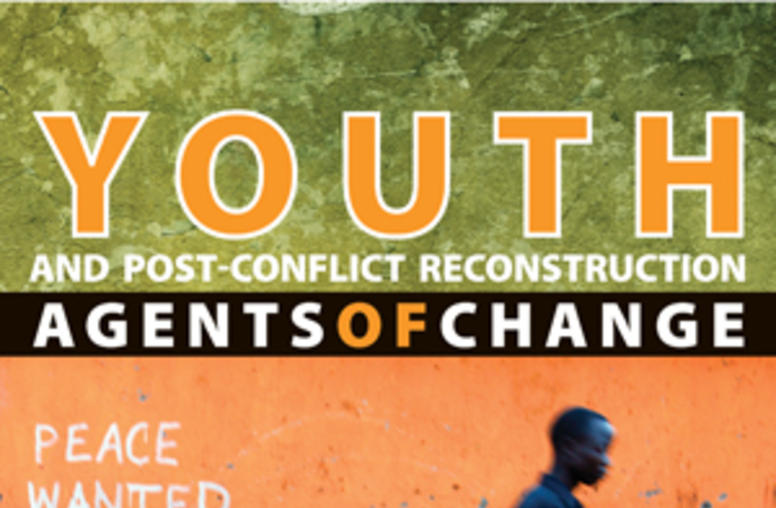
Youth and Post-Conflict Reconstruction
In conflict and post-conflict situations, youth constitute a reservoir of energy. Some young people choose to fight or are forced into a life of violence. Others are able to work to improve their communities, contribute to peacebuilding, reconciliation and reconstruction, and become invested in their countries’ future peace. Youth and Post-Conflict Reconstruction: Agents of Change uses three cases of post-conflict reconstruction—Mozambique, the Democratic Republic of the Congo, and Kosovo—...
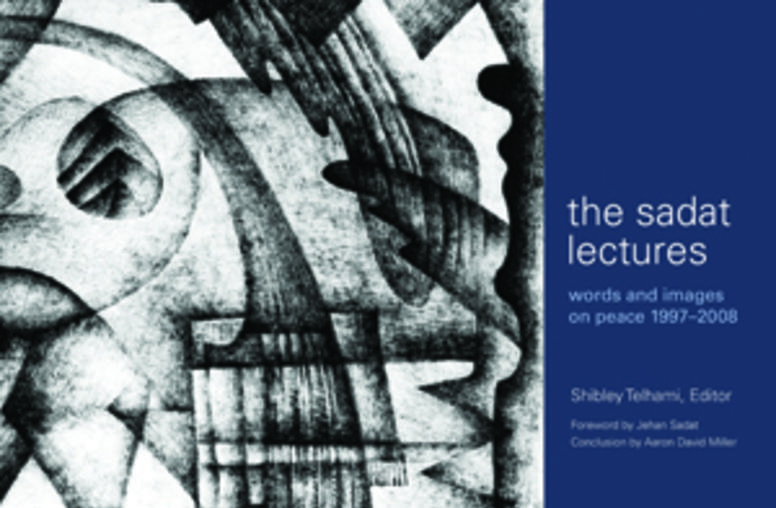
The Sadat Lectures
The Sadat Lectures is a compilation of thought-provoking speeches delivered by some of the most accomplished practitioners of international relations: Ezer Weizman, Jimmy Carter, Henry Kissinger, George Mitchell, Nelson Mandela, Kofi Annan, Mary Robinson, James Baker, and Mohamed ElBaradei. Accompanying these speeches are full-color reproductions of winning artwork from the Sadat Art for Peace Award.
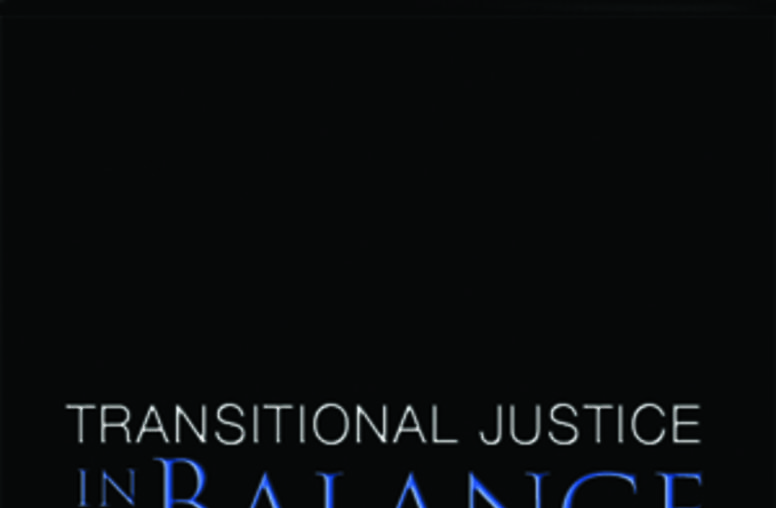
Transitional Justice in Balance
In the first project of its kind to compare multiple mechanisms and combinations of mechanisms across regions, countries, and time,Transitional Justice in Balance: Comparing Processes, Weighing Efficacysystematically analyzes the claims made in the literature using a vast array of data, which the authors have assembled in the Transitional Justice Data Base.
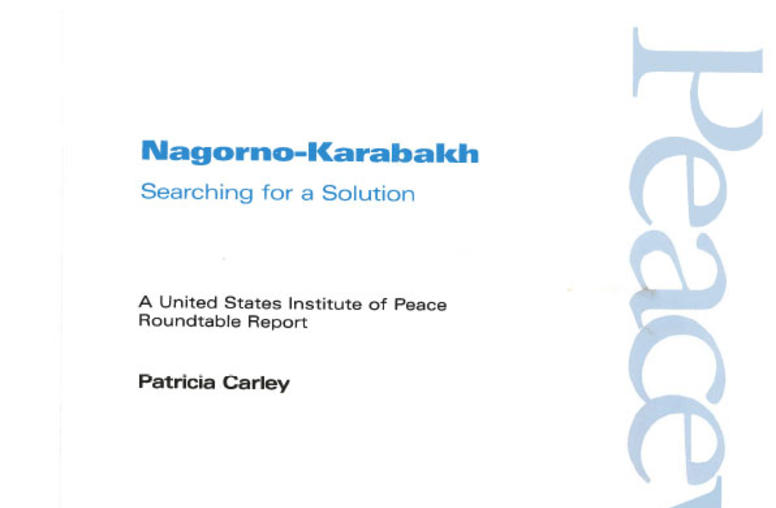
Nagorno-Karabakh: Searching for a Solution
Although it has long since fallen out of the headlines, the conflict over the territory of Nagorno-Karabakh appears no closer to resolution than when the worst of the fighting ended six years ago. Hotly disputed between Armenians and Azeris, this tiny, barren area in the southern Caucasus region of the former Soviet Union has been the scene of some bitter fighting; though the military clashes have largely ceased, the political battles are as high-pitched as ever.
Public Health and Conflict in Iraq
On March 22, 2007, the U.S. Institute of Peace (USIP) and Johns Hopkins Bloomberg School of Public Health (JHSPH) Task Force on Public Health and Conflict held its third symposium, Iraq: Rebuilding a Nation’s Health. The Task Force is committed to raising the profile of conflict analysis and resolution in the field of public health education.
Journey of Death: Suicide Bombers in Iraq
Over the past four years, suicide bombings have become a choice weapon of the insurgency in Iraq. Today, terrorists and insurgents perpetrate suicide attacks regularly, taking a profound physical and psychological toll on the local population and the multinational forces serving in the country.